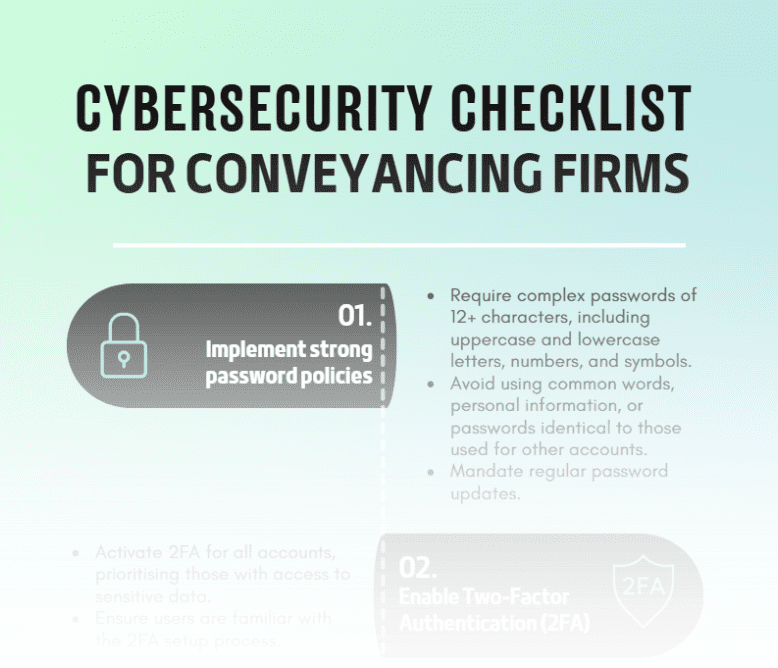Conveyancers are the keepers of precious data that sits between families and their prized property assets, which unfortunately, is likely to fall pray to the cyber wolves of the digital world.
During the 2021–22 financial year, over 76,000 cybercrime reports were made via ReportCyber, an increase of nearly 13 per cent from the previous financial year. One cybercrime report is made approximately every 7 minutes, compared to one report every 8 minutes in 2020–21.
Cyber threats hang low over conveyancers due to the volume of sensitive data moving daily.
In protecting the interests of clients and preserving the reputation of their business, conveyancers should keep areas of vulnerability top of mind:
1. Identity fraud
Identity fraud is not new. Criminals are adept at combining leaked personal information with available data on the Internet and social media profiles.
The advancement in AI technology allows cybercriminals to effectively impersonate consumers’ voices and faces to bypass verification controls.
They can then use available information and AI to generate new synthetic profiles with documents, facial images, and voice cloning to apply for loans and claim social benefits.
This creates challenges for businesses to authenticate their customers, and pose serious financial and personal risks for individuals.
To prevent identity fraud, Australian Cyber Security Centre (ACSC) has prepared a list of measures you and your clients can follow to minimise the risk.
2. Fraud-as-a-Service
Fraud-as-a-service is commonly seen when criminals impersonate supply services to carry out fraudulent activity.
Cybercriminals are turning to automated voice bots for impersonating businesses and socially engineering customers either over the phone, or commonly, via email.
Typically, cyber criminals will copy your email signatures and bank details, changing only one or two numbers in the accounts to have your clients transfer funds to their own account, instead of yours.
A common prevention method is to never exchange details through unsecure communication tools, have all your settlement and payment options secured with billing and accounting software.
Another important method is to educate each client that you will never ask for fund transfers details to be sent in emails, and to double check and verbally confirm any fund transfers with other businesses throughout their property purchase or sale.
3. Ransomware attacks
Ransomware boomed during the pandemic, with large institutions and critical infrastructures facing disruptions and being forced to pay millions in ransom.
Experian suggests that the use of AI will further power ransomware attacks, leaving both customer data and critical business information exposed.
The ACSC observed cybercriminals continue to successfully use ransomware to disrupt operations and cause reputational damage to Australian organisations, and have cited no slowing down of this threat.
ACSC advises Australian organisations to adopt multiple layers of defence against ransomware, explaining that no single mitigation will protect against all threats.
Other common cyber-attacks on conveyancing firms include, Malicious Software (ne Malware) and Scam Emails, as noted by ACSC.
Managing your software, data, and online accounts is drastically becoming the best-practice for increasing your business’ protection from the most common types of cyber-attacks. With data rapidly becoming the most important commodity in this technological era.
It is important all data is untampered and secured from any external threat, especially when involved throughout the conveyancing workflow.
For more conveyancing tech disruptions and solutions, download edition one of the Australian Conveyancer magazine.






